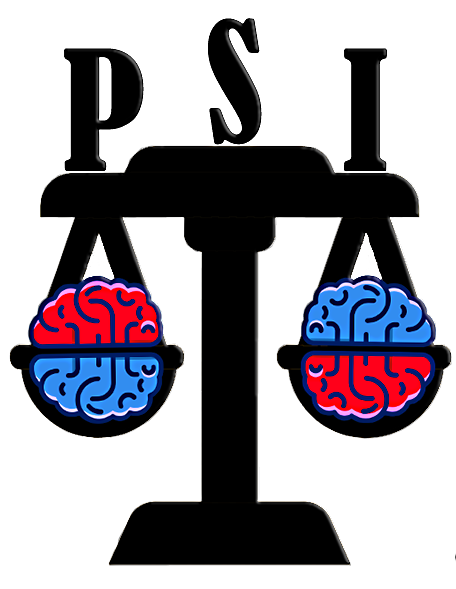Psychological Observation
👁 What Is Psychological Observation?
Psychological observation involves observing the behavior of individuals, couples, or families in everyday, real-life situations.
It can also be conducted under experimental-manipulative conditions, where specific behavior patterns are provoked to help identify underlying issues.

🔍 When and Why Is It Used?
Observation is most commonly applied:
• In cases of family conflict
• When identifying the root causes of problems
• When traditional assessments are insufficient for fully understanding relational dynamics
In psychologically divided families (e.g., emotional distancing, internal conflicts), observation helps identify:
• The sources of conflict
• The consequences of dysfunctional relationships
• Potential mental health risks to family members
👪 Family Context
Psychological observation conducted in the natural family environment often yields the most accurate insight into the root of the issue.
🛠️ Methodology
- Psychological observation:
• Is not the same as psychological testing
• Is based on real-time analysis of behavior - Can sometimes use standardized protocols for specific observations.
The psychologist and the client collaborate to define the goals of observation and to determine possible tasks between sessions.
💬 Application in Divorce and Couples Counseling
It is recommended that couples considering divorce first undergo psychological observation (or a psychological assessment) to:
• Better understand the reasons behind the divorce
• Recognize motives and consequences of the decision
• Identify the emotional impact of conflict on children
The ultimate goal is to make decisions in the best interest of the child, rather than from personal frustration or impulsive reaction.
Read more
Psychological observation involves the structured monitoring of individuals, couples, or families within specific life contexts—primarily real-life situations. However, observation may also be conducted in experimental or controlled conditions, where certain reactions or behaviors are intentionally elicited in order to identify underlying psychological issues.
This method is most commonly used in observing families or individual family members experiencing conflict. While family-related issues almost always require a systemic approach—meaning the family must be treated as a whole when addressing such problems—psychological observation in a natural family environment is one of the most effective tools for identifying and understanding these issues.
In cases where families are psychologically fragmented—for instance, where some family members are emotionally or behaviorally aligned with one subgroup and others with another—the family dynamic becomes marked by numerous competing relationships, resulting in a loss of unity. In such situations, psychological observation helps to identify the causes and consequences of this fragmentation, as well as to highlight potential risks that may emerge from dysfunctional relational patterns.
In this way, psychological observation represents an integral component of the psychodiagnostic process, offering valuable insights into interpersonal dynamics and contributing to a comprehensive understanding of the client’s psychological and relational functioning.
Observation as Part of the Assessment Process
Psychological observation is only one segment of the broader psychological assessment and does not involve the use of standardized psychodiagnostic instruments. Instead, the evaluation is conducted through direct observation of the client’s behavior in various situations, allowing the psychologist to analyze issues based on real-time responses and interactions.
The approach is collaborative—the psychologist and client agree on the method of observation, including any home-based tasks or exercises to be completed between sessions. These assignments are designed to track progress or regression in addressing the identified issues and help inform future steps in the treatment or assessment process.
For couples considering divorce, it is highly recommended that they first undergo comprehensive psychological observation (or even a full psychological assessment) before initiating legal proceedings. This process can help clarify the underlying causes and motivations for the separation, providing a deeper understanding of the relational dynamic. Importantly, such evaluations aim to ensure that any legal steps taken—particularly those involving children—serve the best interests of the child.
